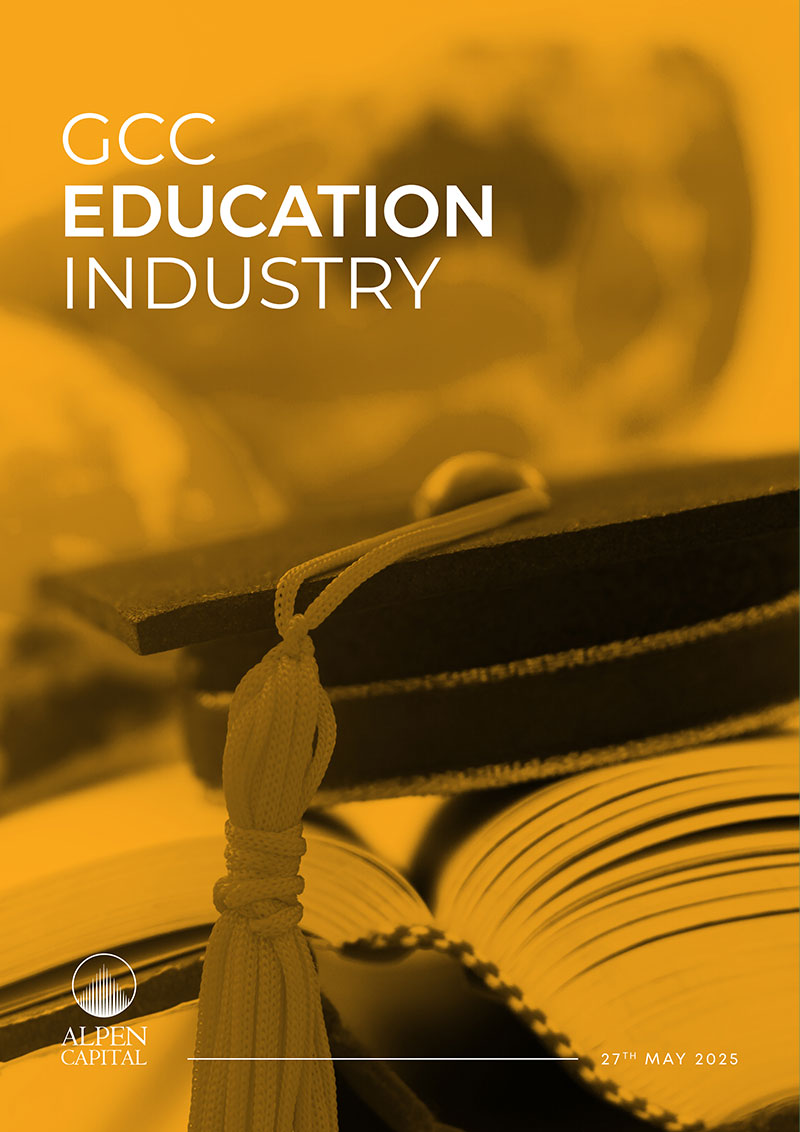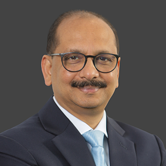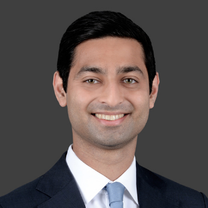The Gulf Cooperation Council (GCC) region is witnessing a remarkable transformation in its education sector, driven by rising affluence, strategic public-private partnerships, and the growing demand for globally recognised curricula. From Doha to Dubai, families are placing greater emphasis on quality education as a foundation for future success—both for expatriates and nationals.
Rising Affluence Fueling the Shift
The GCC nations are among the world’s wealthiest, with a projected average GDP per capita of US$44,304 by 2029, growing at a CAGR of 2.8% from 2024. Qatar is expected to lead the region with a GDP per capita of US$87,870, surpassing advanced economies like the UK, Germany, and Japan. High income levels, coupled with tax-free policies, have significantly increased household spending power, enabling families to prioritize high-quality education.
This affluence has driven demand for institutions offering internationally recognized curricula, modern infrastructure, and holistic learning experiences. Both local and expatriate families are investing in private schools and universities that provide globally competitive qualifications. As a result, international schools and higher education institutions have expanded rapidly in hubs like Dubai, Abu Dhabi, Doha, and Riyadh, with the sustained rise in GDP per capita expected to further accelerate this trend.
Growing Expatriate Population and Demand for Global Curricula
The GCC hosts a substantial expatriate population, with over 80% of residents in countries like the UAE and Qatar being non-nationals. These families often seek education systems that align with their home countries or offer globally transferable qualifications. International curricula, such as the British (IGCSE and A-Levels), American (AP), and International Baccalaureate (IB), meet this need by ensuring seamless transitions to schools or universities worldwide.
International schools also provide multicultural environments that foster global mindsets, equipping students with communication and problem-solving skills essential for a globalized world. Notable developments include:
- Harrow International School in Abu Dhabi, a collaboration between Taaleem and ADIO
- GEMS Education’s upcoming school in Dubai, which is set to be the UAE’s most expensive, with annual fees reaching up to US$ 56,000
In Dubai, private schools now offer 17 different curricula, with the British curriculum leading at 37% of enrollment, followed by Indian (26%), US (14%), and IB (7%), reflecting a shift toward flexible, internationally aligned systems
Private Education Gaining Traction Among Nationals
While public schools dominate the GCC’s education sector, private school enrollment is growing faster, driven by a preference for global curricula and high-quality offerings. In the GCC, where expatriates typically lack access to public schools, private education is the primary option. However, private schools are also gaining traction among nationals. In Dubai, UAE nationals are the second-largest student group in private schools after Indian nationals, underscoring the increasing value Emirati families place on high academic standards and future-oriented teaching methods.
Institutions like the American School of Bahrain are introducing bilingual models, combining English and Arabic proficiency to cater to both local and expatriate populations. These schools offer a competitive edge, preparing students for higher education and global opportunities, which aligns with the aspirations of GCC families.
Government Support through Public-Private Partnerships (PPPs)
Governments across the GCC are actively fostering this transformation by engaging the private sector through Public-Private Partnerships (PPPs). These initiatives are not just about infrastructure—they aim to improve access, quality, and alignment with labour market demands. For example:
- Saudi Arabia’s Wave 2 PPP Program is building 60 public schools in Medina, serving over 50,000 students.
- The UAE’s E33 Education Strategy aims to add 100 new private schools by 2033, including the recently completed Zayed City Schools, which will accommodate over 5,000 students.
- Qatar’s PPP Program has already commenced Phase 3 of its initiative to develop 47 schools across four phases.
These projects signal a strategic shift toward sustainable educational ecosystems powered by innovation and investment.
Conclusion
The boom in quality education and international curricula in the GCC is a testament to the region’s economic strength, demographic diversity, and forward-thinking policies. Rising affluence enables families to invest in premium education, while the expatriate population and growing interest among nationals fuel demand for global curricula. Supported by government initiatives and PPPs, the GCC’s education sector is poised for continued growth and alignment with global standards.
 4 min
4 min





